Mental health conditions are, according to our experience, one of the biggest root causes that make it impossible for people to recognize – and utilize -opportunities in their lives. We cannot talk about sustainable development if the current crisis is too overwhelming.
There are big challenges in identifying, diagnosing and treating these conditions and we feel very much on our own on this. In many other areas we work very closely together with the government, but the government is not offering any counselling services for non-clinical cases. The clinical cases have to be referred to government facilities where capacity is low and access is hard due to high costs.
Many people in Kenya recognize the importance of providing mental health services, but capacity is far below the need.
We offer a helping relationship for the individuals experiencing psychological, social or emotional issues that affect their wellbeing both in the short-term and long-term. Our counseling services are free for the clients. We cannot intervene in all categories of individual psychosocial needs and sometimes refer clients to external counselors for further case management where more specialist knowledge is needed that Macheo cannot provide, an example is a psychiatrist.
We help clients deal with individual issues. Biggest need for individual counselling comes from trauma or from loss & grief issues, but other common presenting issues are: self-esteem, sexuality and addictions.
It is our wish in 2024 to assist 1500 clients through individual counselling. In 2023 we are helping 1,000 clients
Macheo has been carrying out this intervention since 2007 and has a group of highly trained, experienced counsellors that are all registered with the KCPA, Kenyan Counselling and Psychological Association.
The Key Performance Indicators (KPI’s) that we used in 2023 to measure our success for this intervention are:
In 2024 we will use a new set of KPI’s.
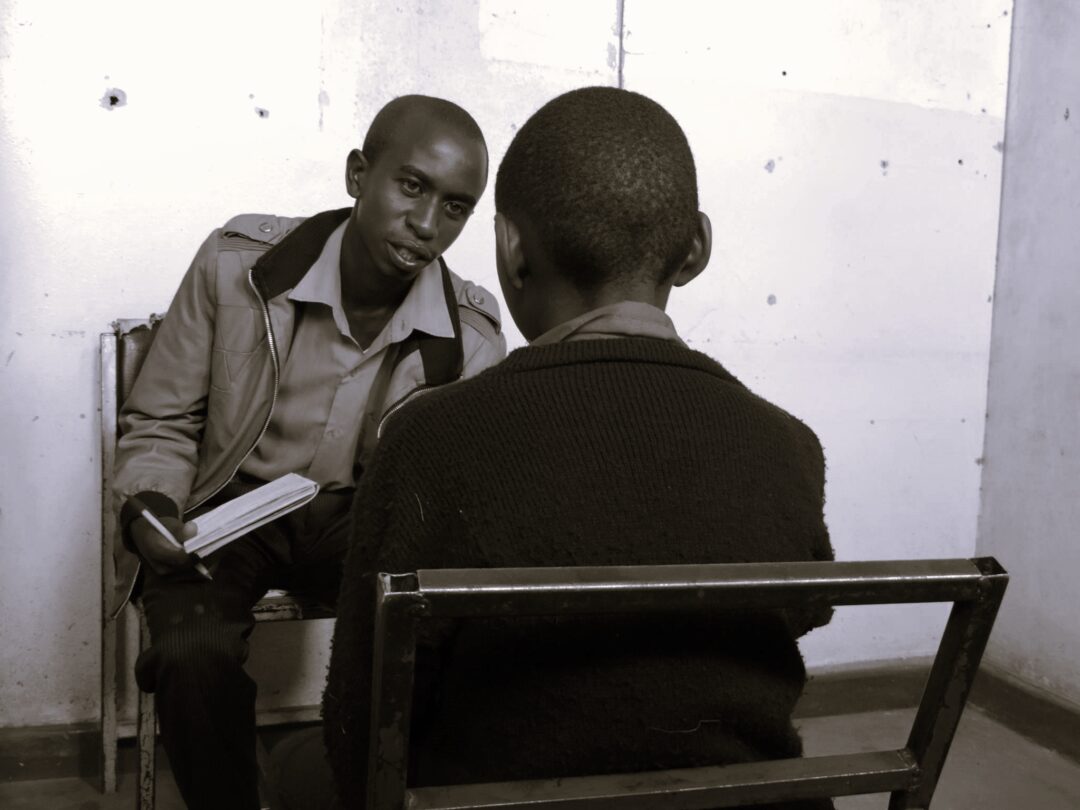
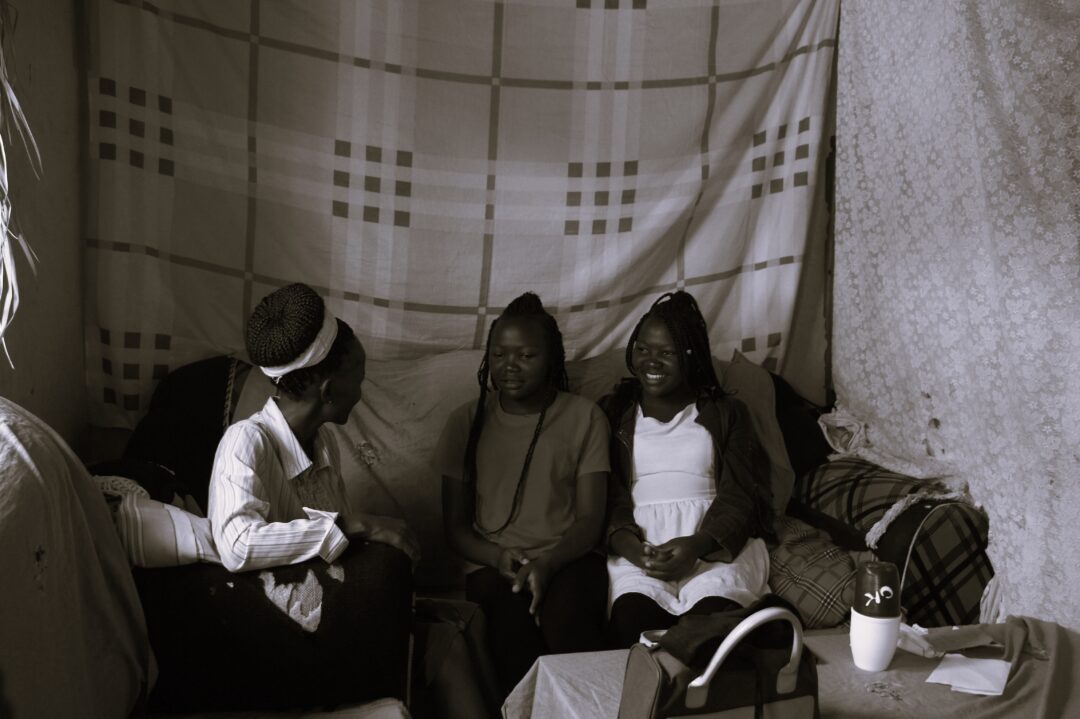
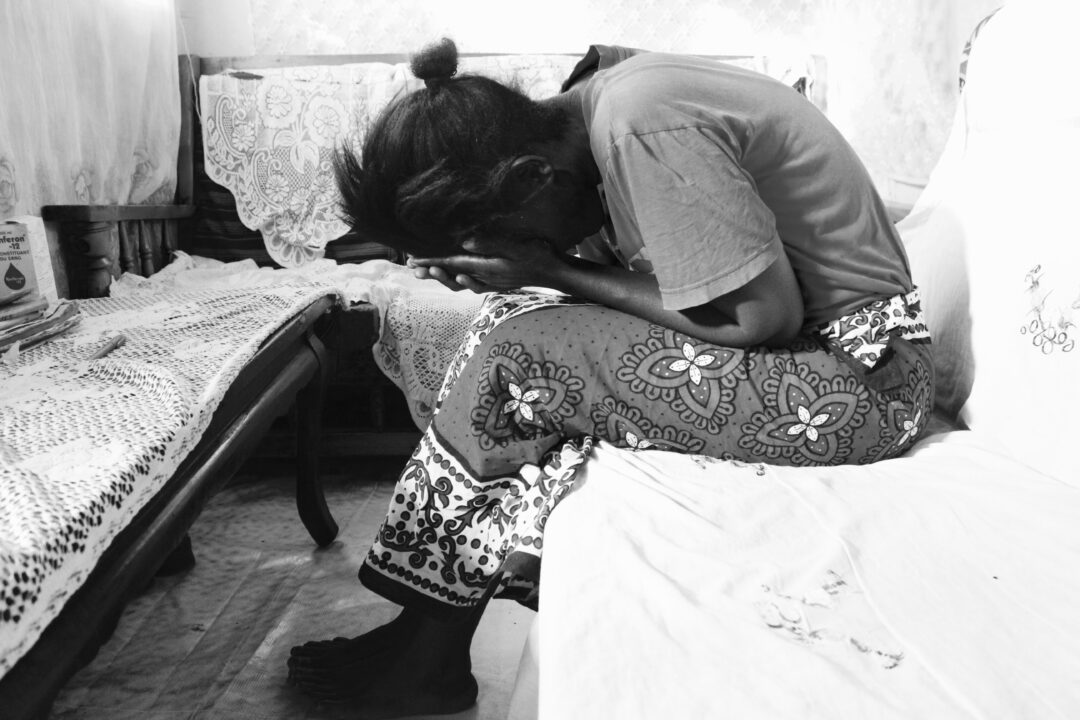
Losing a loved one is always difficult, but saying goodbye to your mother and a sibling when you’re still a child is devastating. Jedida now really regrets not talking, about the loss of her mother, Susanna, and elder sister, Juliana, who both died when she was 12.
Jedida (not real name) is a 13 years girl living with her father and four other siblings in the Kiandutu area. “My mum and Juliana both became ill and died after a few months. It was a double tragedy and it devastated me, but I didn’t like to show my emotions, so I never really discussed it with anyone,” says Jedida. “It irritated me how my father shouted at me and my brother, Elvis, that our mother had died. My father was ridding on a motorbike and passing by us and my friends on way to school in a very straightforward way told us the sad news and never asked how we felt about it. It was only much later that I discovered how badly it affected my emotions and ability to hold my vengeance for what I was going through,” she adds. According to Jedida, this was the moment in her life she developed suicidal thoughts. Every tasteless thing she ate came back up, every room felt frozen, the light seemed too bright, the noises too loud. She couldn’t understand what she could do to put herself back on the same wavelength as the rest of the world, because she felt out of phase and fading away, powerless and lost. Soon Jedida’s sadness morphed into anger. She was furious over losing the woman who encouraged her interest in reading and a sister who comforted her when things got tough.
When her headmaster told Macheo’s staff about Jedida, she had undergone several months sick with grief. Jedida couldn’t focus with studies or hold her anger. She frequently found herself unknowingly slamming the doors, yelling at other students and teachers while in school. The teachers often punished her as they could not understand why her behavior had changed all of a sudden. Through counseling sessions, the Macheo counselor noted that on the outside, Jedida seemed together but, deep down, she was angry and heartsick. The character she exhibited was as a result of the pain and grief she had undergone after the double tragedy, losing a mother and a sister. Samuel, a Macheo counselor constantly encourage Jedida to show her feelings, share her story with close friend and not to isolate herself. He also encouraged Jedida to deal with her emotions through prayers. It took a few sessions, and Jedida was able to learn to cope with the pain in the best way possible.
“I cried. I regretted that my mum didn’t see me grow up and she would never know my successes. But then I prayed. I prayed and spoke to my mother and sister. For the first time, I couldn’t talk to them in person, but I felt like I was talking to both of them in spirit. I was recalling so many memories of my mother and sister, very full of life and the challenges my mother faced and overcame. My mother was funny and kind, and I have so many fond memories of her. Her courage and resilience during those years she lived was amazing,” says Jedida. “I’m extremely grateful to Macheo, without which I would have suffered more meltdowns with potentially greater consequences. My needs were significant and the support they provided allowed me to accept it, move on and stay focused on my end goals,” she adds.
If it were not for Macheo, Jedida might have undergone prolonged emotional, and traumatic experience that could eventually result to self-harm or suicidal thoughts as a way to cope with the difficult or painful feelings she was undergoing. Again, she could have dropped school and possibly get married ultimately becoming pregnant at an early age. According to Samuel, Macheo’s counsellor who helped Jedida, psychological and emotional effects as a result of grief are not always easy to deal with, but with the right support Jedida received from Macheo was the best form of care that eased the healing process.
Macheo has been working with unit costs since 2019 and this has really many benefits, it helps us to get a better understanding of our costs compared to our impact. It has also really raised the cost awareness of Macheo’s staff, leading to gains in efficiency, thus enabling us to help more children with the available resources.
In this unit costs we have calculated all necessary costs, for 1 child or 1 caregiver.
In 2024 we expect that Macheo can help 1 child or caregiver through Individual Counselling for Kenyan Shilling 7,004 (50 euro, depending on exchange rates)

47% is going directly to salaries of the counsellors, 19% to transport for the counsellors to visit the clients, 13% is for the identification of caregivers and/or children who will benefit from individual counselling, 12% salaries is salaries in Macheo’s overhead (our accounting, hr, communication, fundraising), and 5% is used for other administrative costs.
First step in measuring the difference we make to the children who need our help is to choose who will benefit most from the help we can offer. This choice is being made by holistic social workers who identify the need, look at root cause and refer the children and/or caretakers to help from Macheo colleagues, the Government, or others who are able and willing to help.
The identified needs and root causes are captured in Macheo’s (anonymized) database.
When referred internally our specialist colleagues start with a baseline measurement on the Key Performance Indicators of their specific intervention. During the process they track progress towards this and when completed they rate the clients again. This shows the difference the intervention made. All data is collected through apps on mobile phones and displayed in dashboard, such as the one below, which is specifically for this intervention:
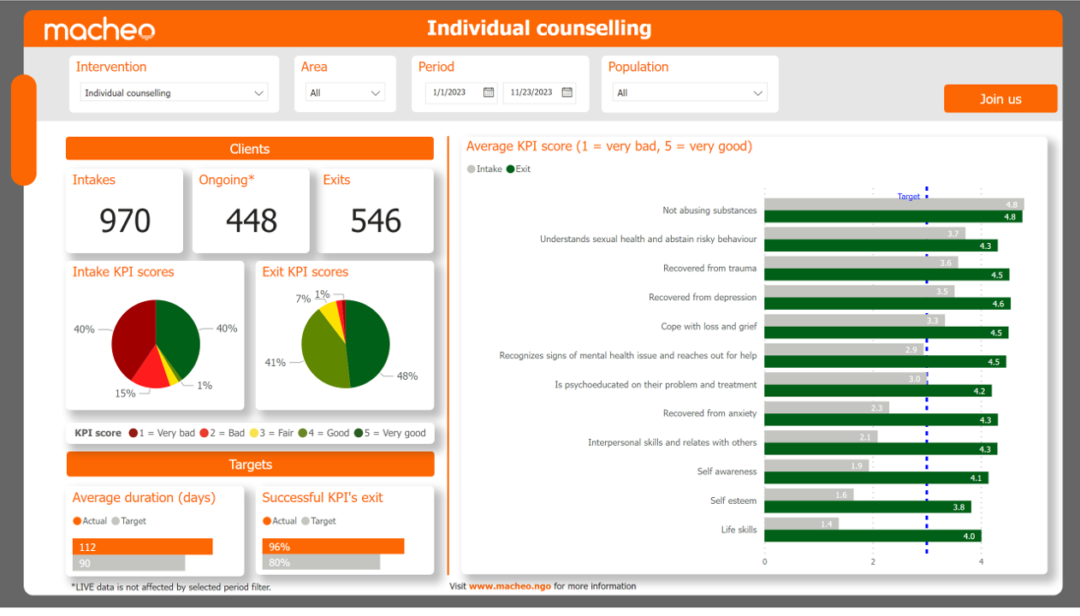
Unfortunately we are constantly confornted with an overwhelming need, the difference between the need identified (the orange line) and clients being helped (the blue line) is visible in the below graph. The yellow line shows the clients who have been exited, after the services have been delivered. This difference drives our ambition level, these children and/or caregivers all urgently need our counselling services, but we are limited by available resources.
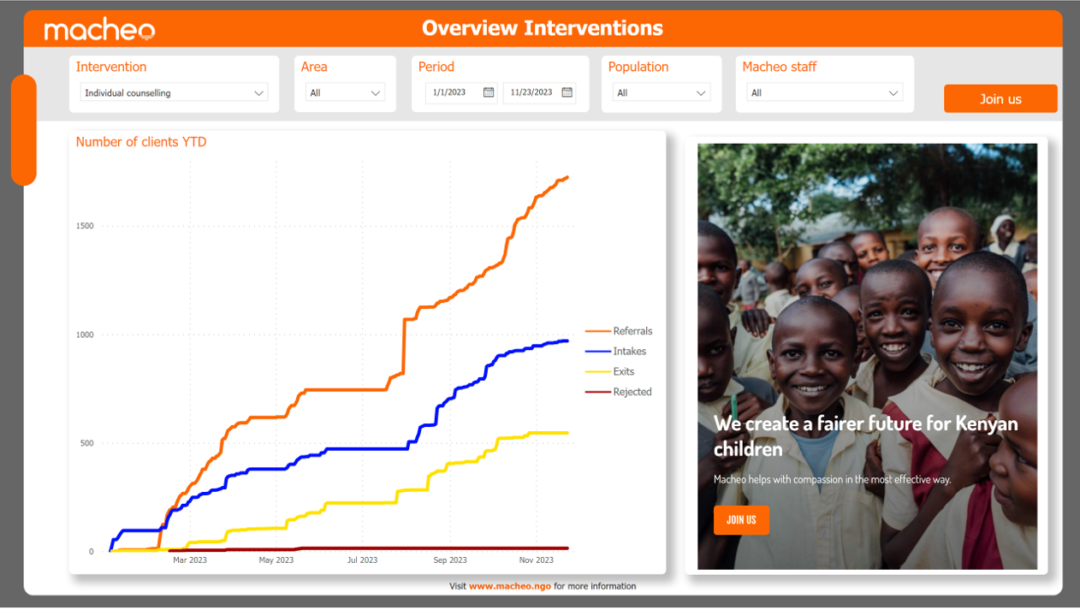
Since these challenges are often complicated, one child or caregiver could receive multiple interventions. After all interventions are completed the holistic social workers comes back to the family and repeats the intake needs assessment. The difference between the first and final needs assessment shows whether the interventions had the desired impact on children’s well-being.
We hope you will join us in enabling Macheo to help more children and/or caregivers who need assistance through Individual Counselling. Macheo reports in April, August and December/January. An example of a report can be found here.
Macheo has 6 great colleagues working with full dedication in this intervention. They are under the management of Joan Mburu, a qualified counsellor herself.

Charitable work must be done with care! Have you become enthusiastic about the way we work too? Join us! We can achieve much more together.
More information Donate now